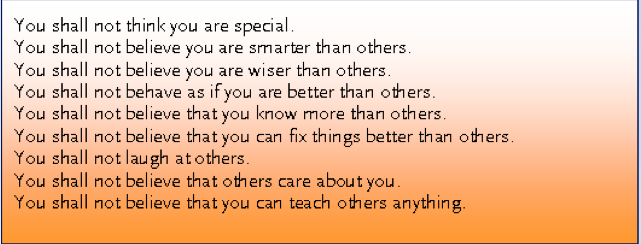This is a history about how the use of Big Data can target customers and even figure out when a teen girl is pregnant before her own father does:
Target assigns every customer a Guest ID number, tied to their credit card, name, or email address that becomes a bucket that stores a history of everything they’ve bought and any demographic information Target has collected from them or bought from other sources. A statistician named Andrew Pole employee at Target looked at historical purchasing data for all the female customers who had signed up for Target baby registries in the past and found the following:
“As Pole’s computers crawled through the data, he was able to identify about 25 products that, when analyzed together, allowed him to assign each shopper a “pregnancy prediction” score. More important, he could also estimate her due date to within a small window, so Target could send coupons timed to very specific stages of her pregnancy.”
So, Target send out coupons for baby items to female customers who achieved those ‘pregnancy scores’. One day an angry man showed up in a Target shop outside of Minneapolis, yelling at the employees for sending his daughter these coupons when she was still in high school. Well… Unfortunately the coupons weren’t send to the wrong costumer – the girl was indeed pregnant! Is this kind of Big Data use unethical when it can interfere in people’s private lives? One thing is sure, companies like Target make a lot of money of targeting their costumers with the use of Big Data.


